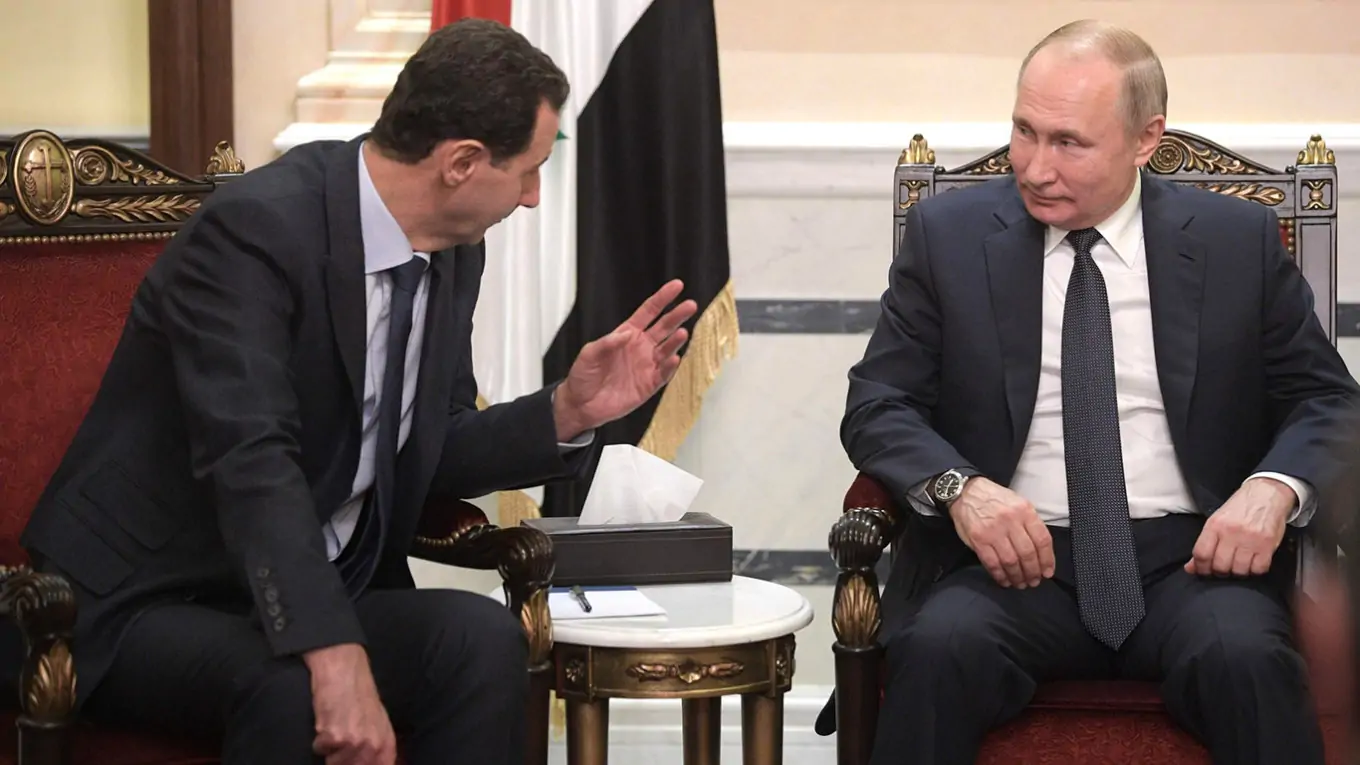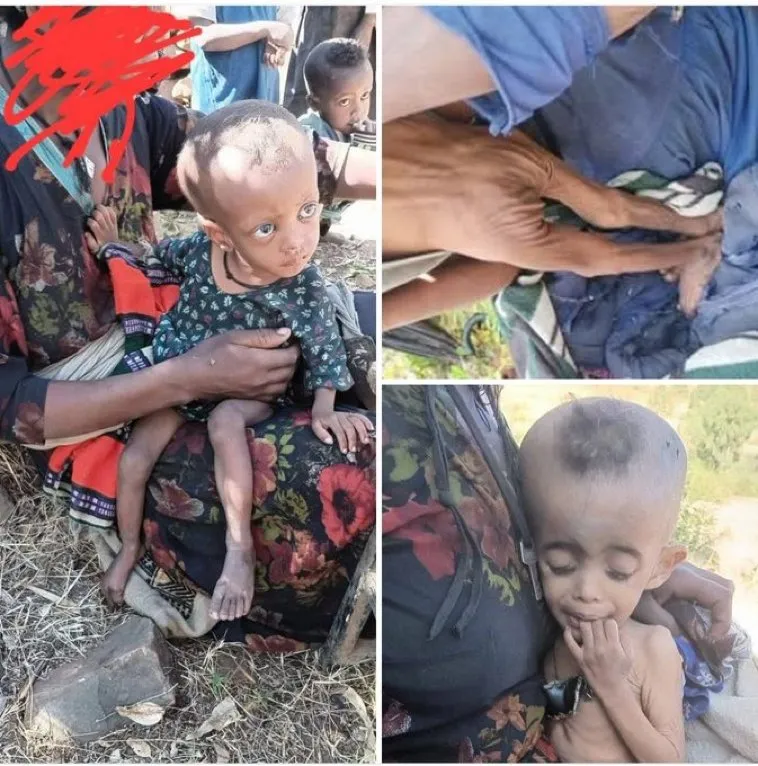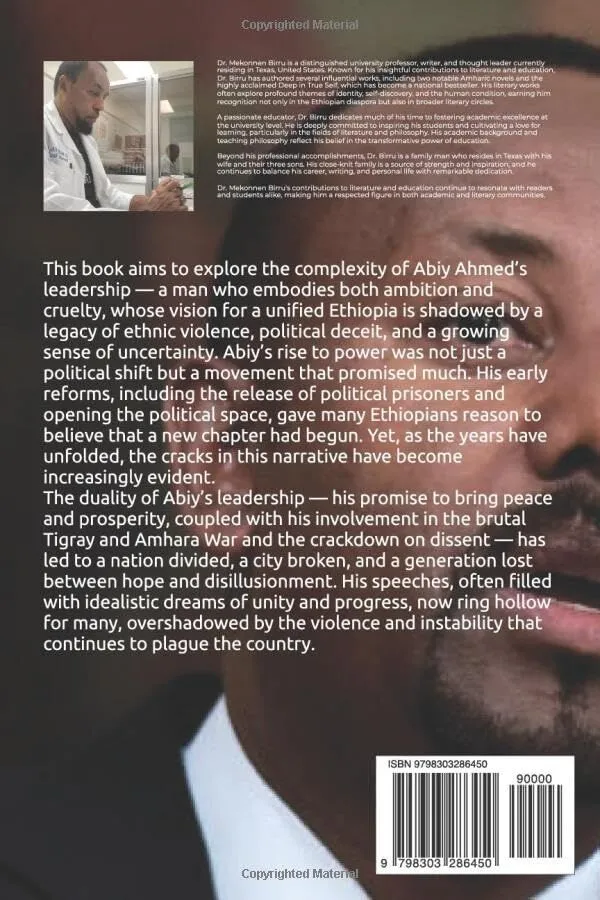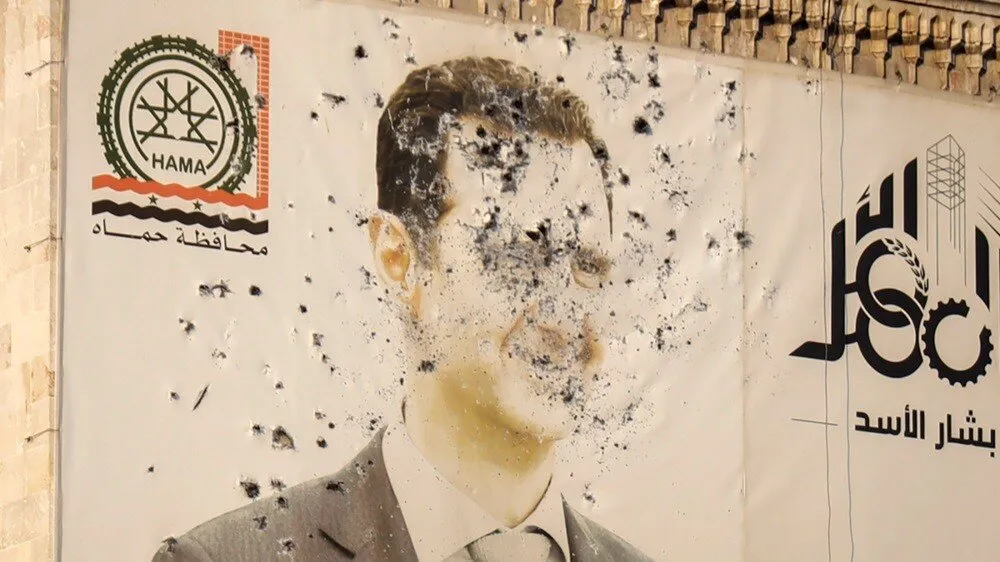By Jenny Vaughan (AFP)
ADDIS ABABA — With hands clasped together as a symbol of unity, lines of Muslims gather under the beating sun outside Addis Ababa’s Anwar mosque after Friday prayers chanting “Amin, Amin,” or “thanks to God.”
They gather — as they have all this year — to protest what they call unconstitutional government interference in religious affairs, heightened by the election of Muslim leaders this month the protesters say were not free or fair.
“We have requested an election, a peaceful one, a democratic one, and we didn’t get (it),” said Zeinu Lopiso, 26, a merchant near Anwar mosque, speaking at a recent demonstration where hundreds took part.
Zeinu, like many other protesters, refused to cast a ballot in the October 7 elections to appoint the leaders of the Supreme Council on Islamic Affairs, the community’s main representative body.
Zeinu opposed holding elections in government offices instead of mosques, complaining the government handpicked candidates after 17 Muslim leaders were jailed during protests in July, prompting accusations of a police crackdown.
Nine leaders remain in prison without charge, while eight have been released but could face charges, according to their lawyer.
“We have appointed those (jailed) leaders by putting our signatures to paper,” Zeinu said, as fellow worshippers knelt in prayer.
“They are representatives of the Muslim community and they are innocent, they are not terrorists, so we want the government to free them all,” he added.
According to official figures, Muslims make up 34 percent of the country’s 83 million people. The Islamic Council reported that 7.5 million people voted in this month’s ballot.
Ethiopia is a key Western ally in the fight against Islamic extremism in the volatile Horn of Africa region, including in neighbouring Somalia, where Addis Ababa invaded last year to battle Al-Qaeda-linked Shebab militants.
The demonstrations kicked off in January, and have been held every month since, after many Muslims accused the government of unconstitutionally trying to impose the moderate Al Ahbash Sufi strain of Islam in Ethiopia.
Protesters say clerics in schools throughout the country have been promoting Al Ahbash, a Lebanese import mostly alien to Ethiopia.
“We are not against Al Ahbash but (the government) has no right to interfere with the Muslim community inside the mosque,” said Usman Faisa, 21, a merchant.
“We have our own constitutional right to have our own religious organizations and preach our own thoughts,” he added.
But Mohammed Rashid, a technical advisor at the Islamic Council, said elections were held in government offices only to allow more people to participate and to collect voter data.
“We act as a neutral Islamic institution, the role to play is a neutral one, not invite one sect or avoid another… we are a neutral entity and the leaders play that role,” he told AFP.
The Ethiopian constitution calls for secular a government and bars authorities from interfering in religious affairs.
“Contrary to the (claim of) the ultra-conservative extremist group… which wants to control the Islamic establishment for the purpose of pursuing its own objective, the government has never interfered in the internal affairs of the Muslim community,” government spokesman Shimeles Kemal told AFP.
This month, Ethiopia’s new Prime Minister Hailemariam Desalegn said the government respected religious freedom, but that extremist groups were plotting unrest, and that authorities would take necessary measures to curb such acts.
Despite Shimeles’ claim of non-interference, some observers say the government wants to stem extremism from taking hold in the country, despite scant evidence to suggest a growing threat from within Ethiopia.
“At the moment, there is nothing that would point us in that direction,” said Terje Ostebo form the University of Florida, an expert on Islam in the Horn of Africa.
He said the arrests of the 17 Muslim leaders were an attempt to quell the protests, but that any attempt to import a foreign strain of Islam could ostracise the Muslim community.
“What they’re doing by importing the Al Ahbash, by cracking down on the demonstrations, by demonizing this, they are in a way risking a process of radicalization within the Muslim community,” he told AFP.
Protesters say they will continue to hold demonstrations until their jailed leaders are released and their concerns are addressed by the government.
“I don’t expect the protests to cool down, not as long as those Muslim leaders are in prison,” said Zeinu.















